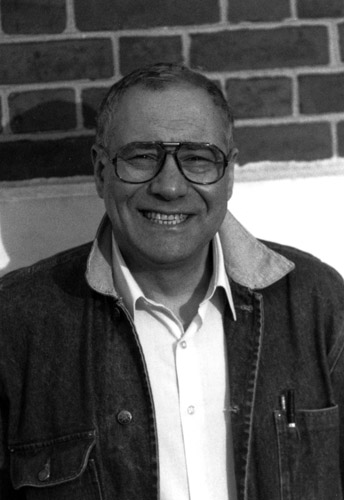Alexander E Kaplan
Alexander E Kaplan

Alexander E. Kaplan was known for his research in the areas of nonlinear optics and quantum electronics, with notable contributions to nonlinear interface and optical bistability effects, hysteretic resonances of a single electron, and physics of sub-femtosecond pulses. His other research interests included very-high order sub-harmonics generation, anomalous reflectivity and absorption by metallic nanolayer.
Kaplan was born in the former USSR in 1938 and studied physics at the Moscow Institute of Physics and Technology, where he earned his Masters of Science degree in 1961. He went on to pursue a PhD in physics and mathematics at the USSR Academy of Sciences in Moscow and Gorkii State University, USSR, (1967). During his career, Kaplan made significant contributions within the research communities in both the USSR and the United States. Kaplan was a research scientist in an USSR government laboratory from 1961-1963 and served as research staff in the USSR Academy of Sciences in Moscow from 1963-1979.
In 1979, Kaplan immigrated to the United States and joined the staff of the Francis Bitter National Magnet Laboratory, at MIT. He joined the faculty of Purdue University in 1982, where he would serve as a professor in the School of Electrical Engineering until 1986. In 1987, Kaplan was named a professor within the Department of Electrical and Computer Engineering, Johns Hopkins University. Kaplan would remain the Johns Hopkins University until this retirement in 2016. Over the course of his career, Kaplan was invited to serve at a number of institutions in a visiting professor capacity including Max Planck Institute for Quantum Optics, Weizmann Institute, University of Ulm, and Kyoto University.
Kaplan authored numerous papers, articles, book chapters, and conference proceedings over the course of his career. In 1987, he was named a Fellow in recognition of his contributions to the Society, and in 2005, he received the Max Born Award for his contributions to physical optics. In addition to his research accomplishments, Kaplan was known for his volunteer work in support of scientists from the former Soviet Union residing in the United States.
Document Created: 26 July 2023
Last Updated: 28 August 2023
